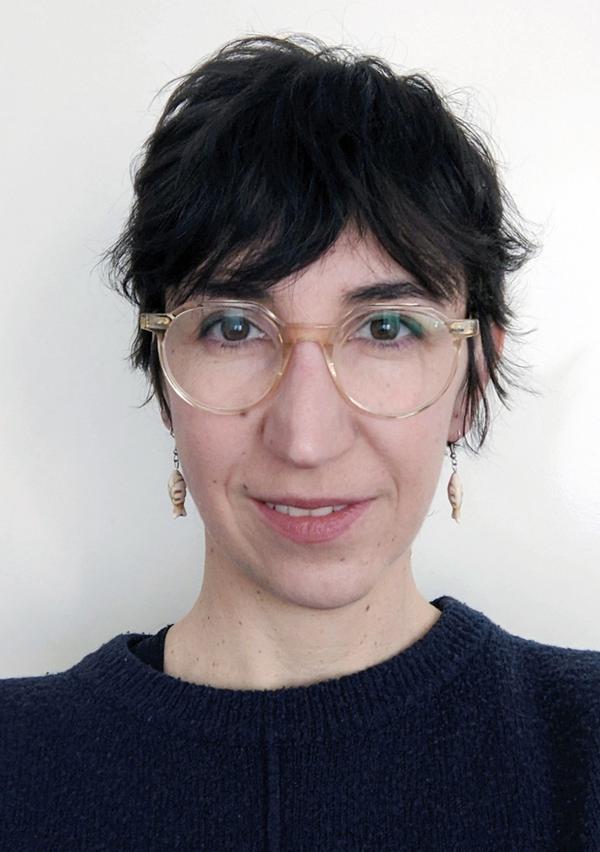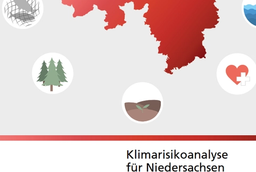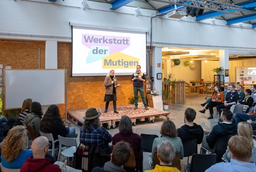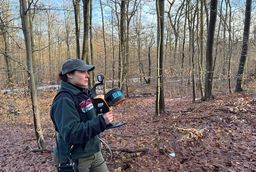What role does social justice play in climate research?
- February 20, 2025
- 2 min. Reading time

Birgit Klötzer is a research associate at Gender.Ing at TU Braunschweig and is a member of the Klima.Zukunftslabor OPEN_CULTURES.
Hello Hello Mrs Klötzer, what role does social justice play in your field of research?
At OpenCultures, we are concerned with raising awareness of climate-related issues in society. Basically, it is about the role that knowledge about climate protection and adaptation plays in our everyday lives and how it can be ‘anchored’ there. We therefore also ask the question of who has access to knowledge about climate change and who does not. How do we reach people who are excluded from the debate or feel excluded?
Our perspective is always as intersectional as possible. This means that we assume different forms and overlaps of discrimination that can exclude people from participation in different ways.
What issues of social justice must be considered in climate research in any case?
Social justice is always closely related to economic issues. We must therefore also address distribution issues. Who has access to clean energy and healthy, safe housing? This question arises globally, but also on a smaller national or regional scale. Space research in particular plays an important role here because it addresses these issues.
How can you personally become active in promoting social justice in climate protection and adaptation?
It definitely makes sense to get involved in groups and associations that deal with environmental and climate issues. Social issues often find a place quite naturally at the local level and in direct exchange with people. At the same time, our society needs more sensitivity to the fact that global climate change will exacerbate existing injustices. In my opinion, educational institutions in particular have an important role to play in raising awareness of these interrelations.
Thank you for the interview!
Contact person

More Posts
All
Climate risk analysis for Lower Saxony 2025
NIKO has published its climate risk analysis for Lower Saxony in 2025 – 42 assessed risks as a basis for climate adaptation.
2 min. Reading time
Invitation to the Werkstatt der Mutigen
Kick-off for the Ecosystem Social Sustainability (ESS)
2 min. Reading time
Laser scans in the forest: measuring CO₂ between red beeches and deadwood
What a windless morning, 1,000 square meters of forest, and a laser scanner reveal about carbon storage.
4 min. Reading time